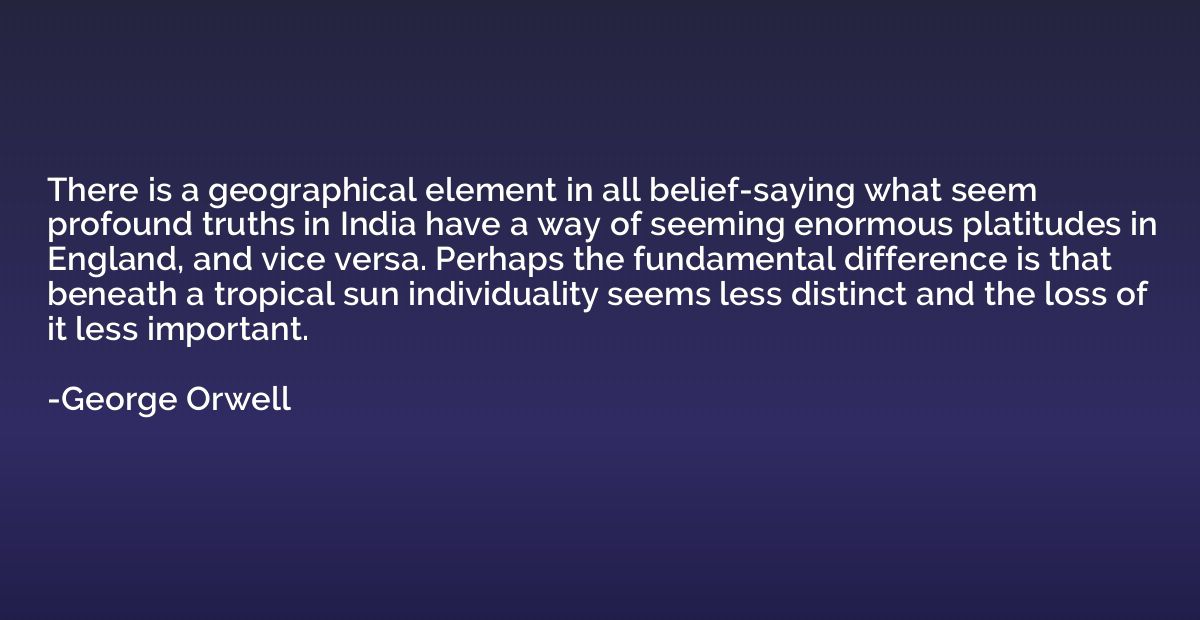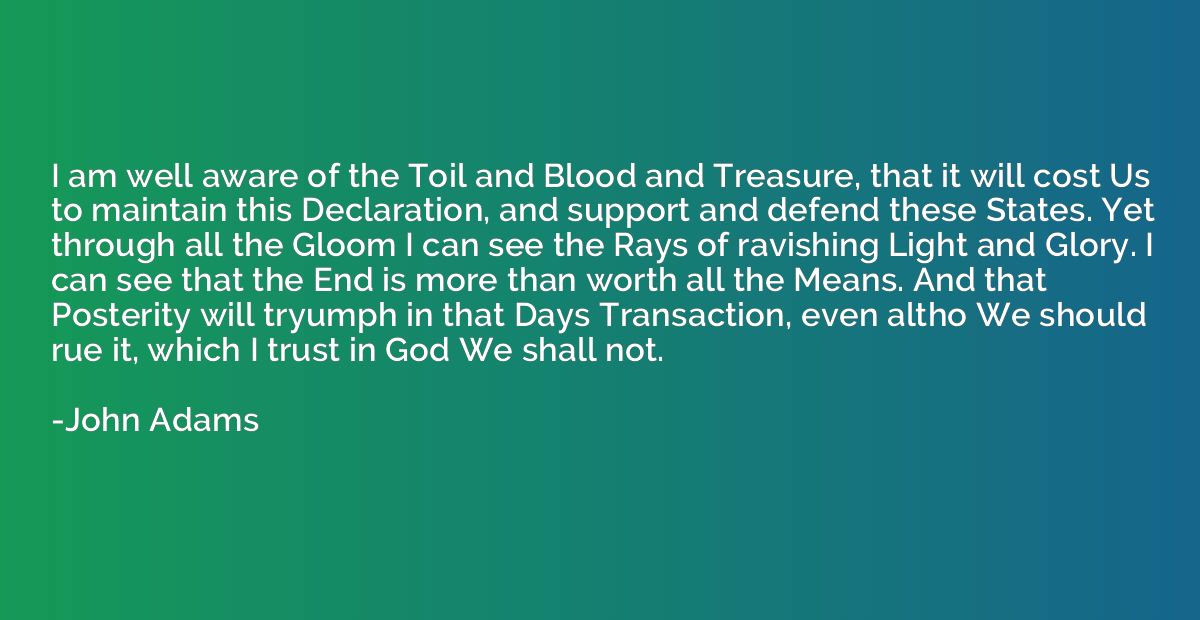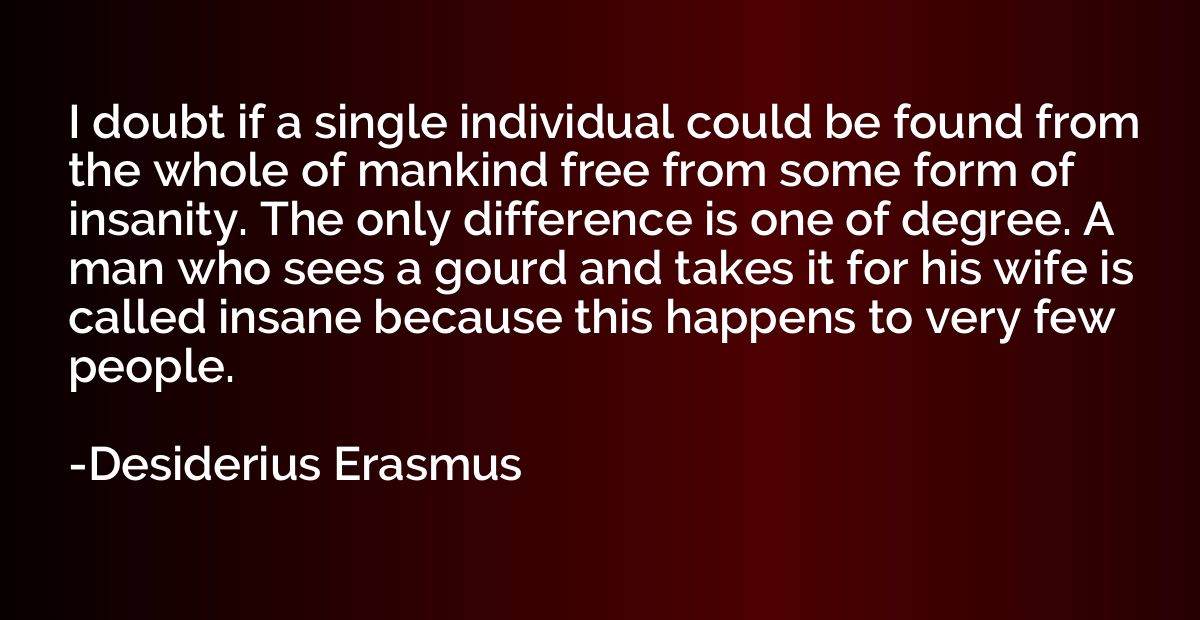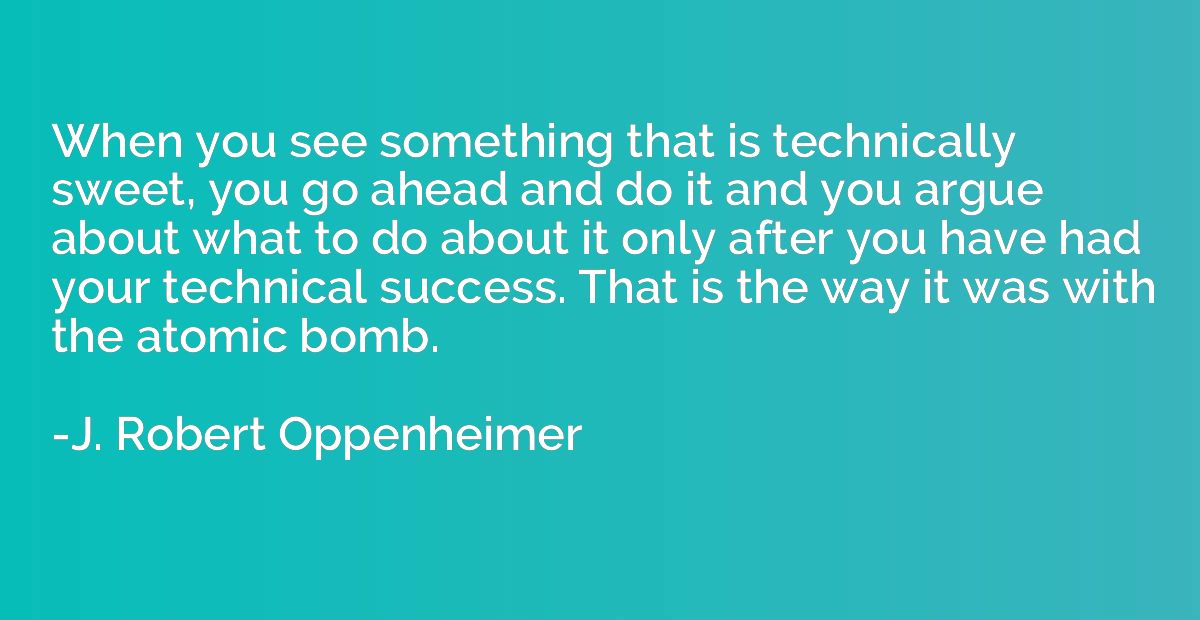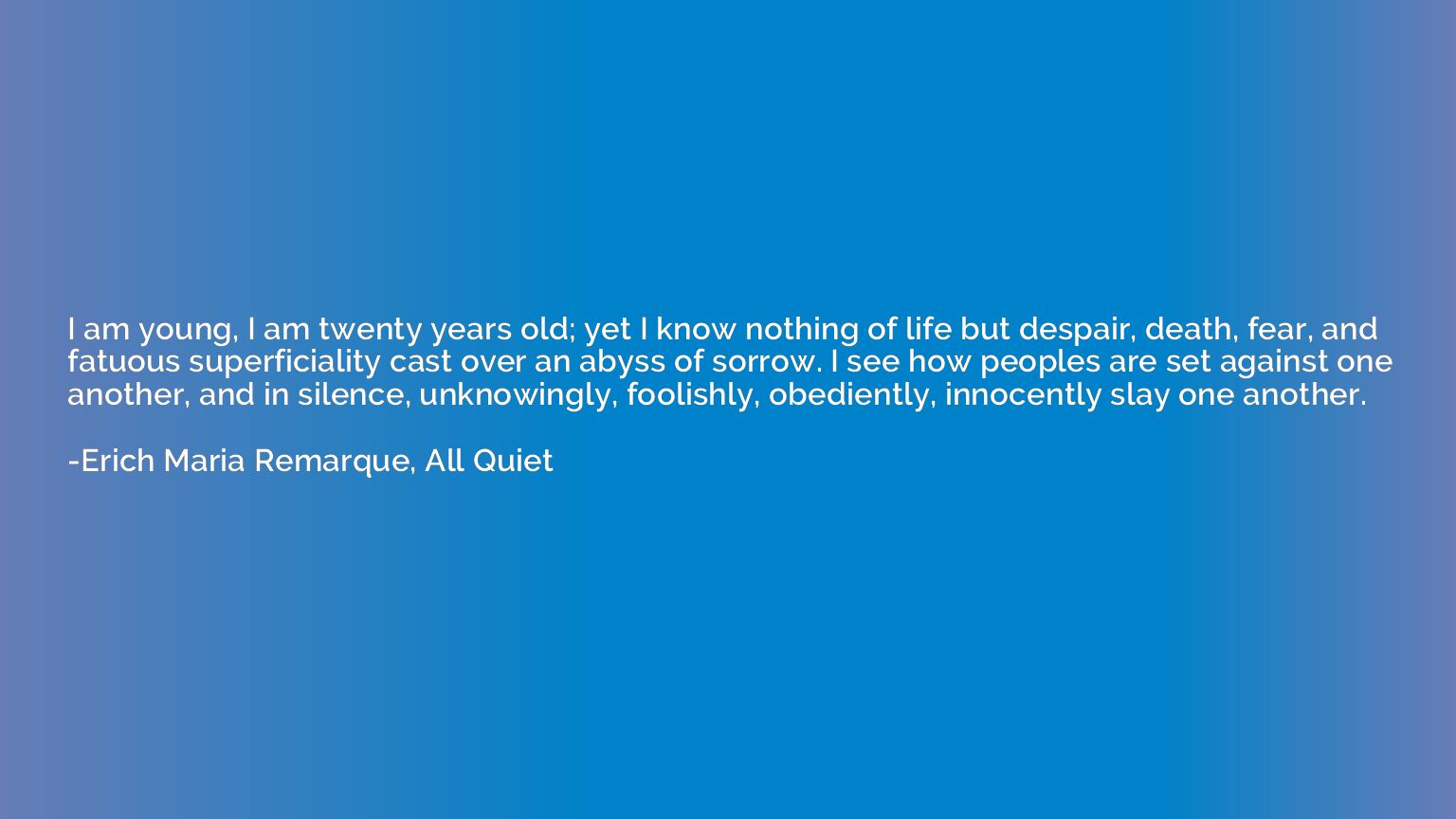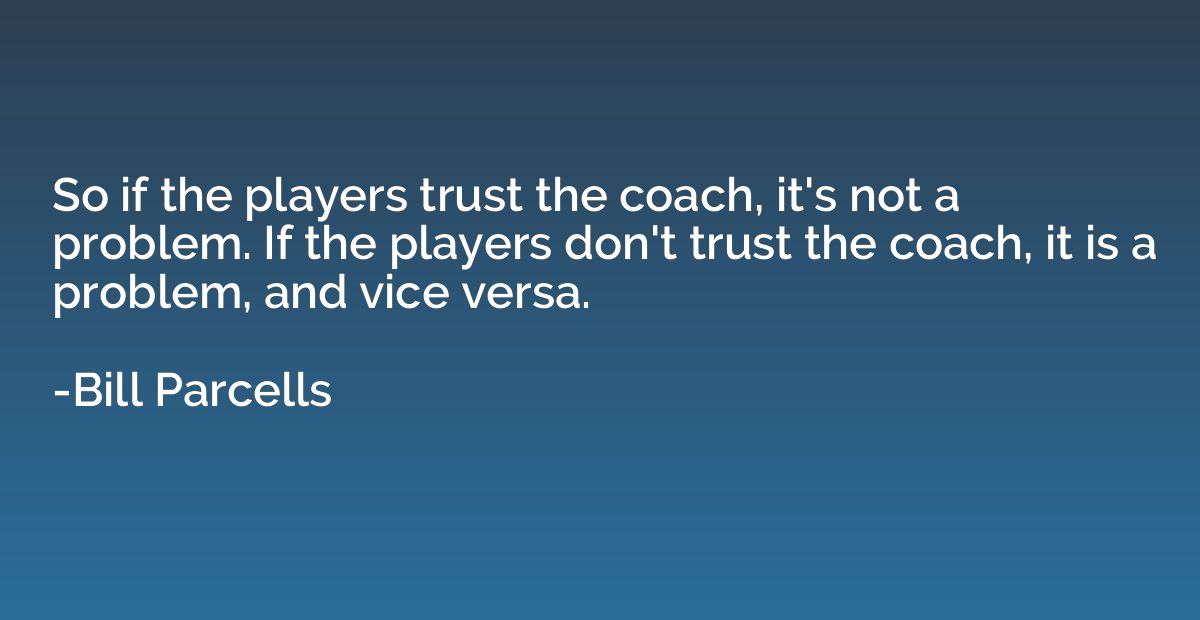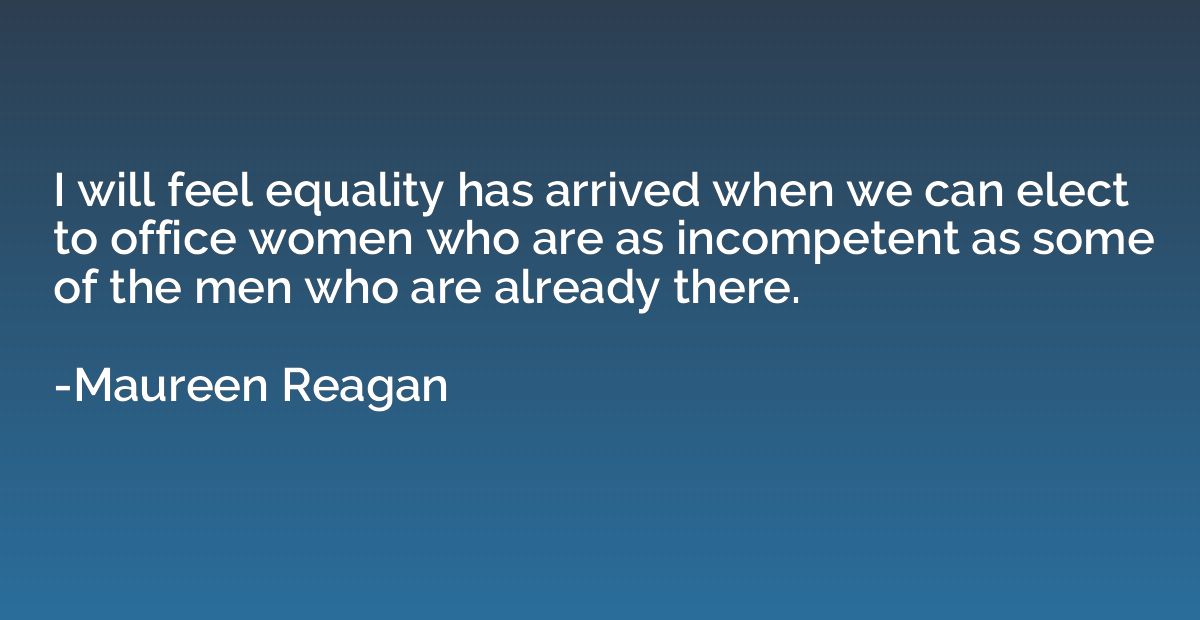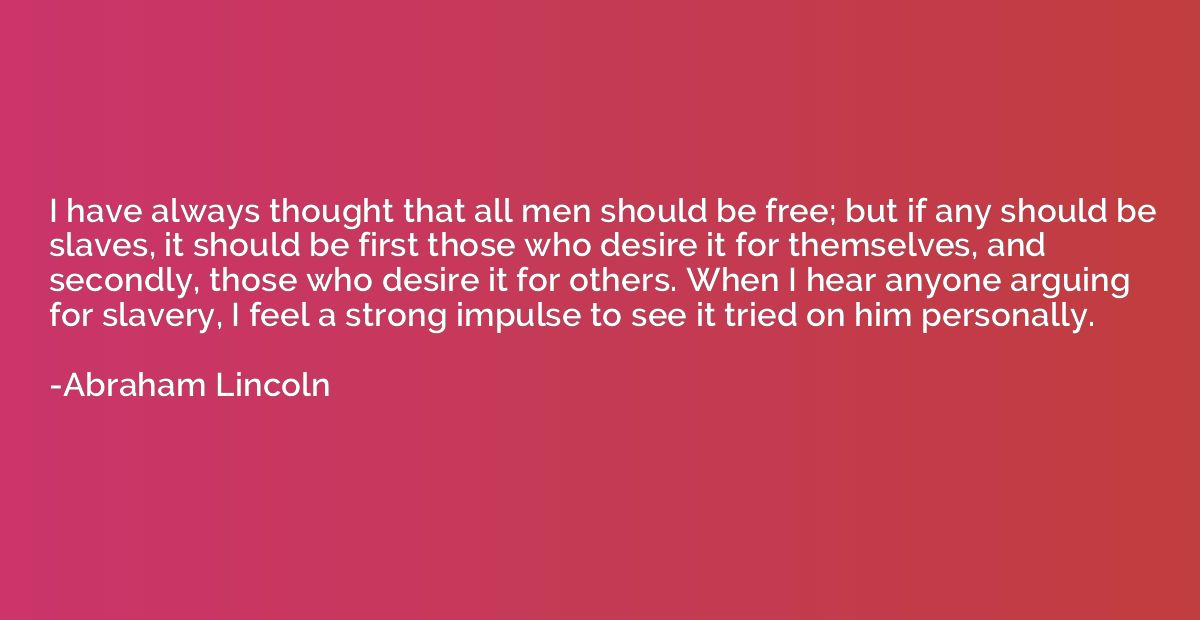Quote by Alfred Hitchcock
I'm frightened of eggs, worse than frightened, they revolt me. That white round thing without any holes have you ever seen anything more revolting than an egg yolk breaking and spilling its yellow liquid? Blood is jolly, red. But egg yolk is yellow, revolting. I've never tasted it.
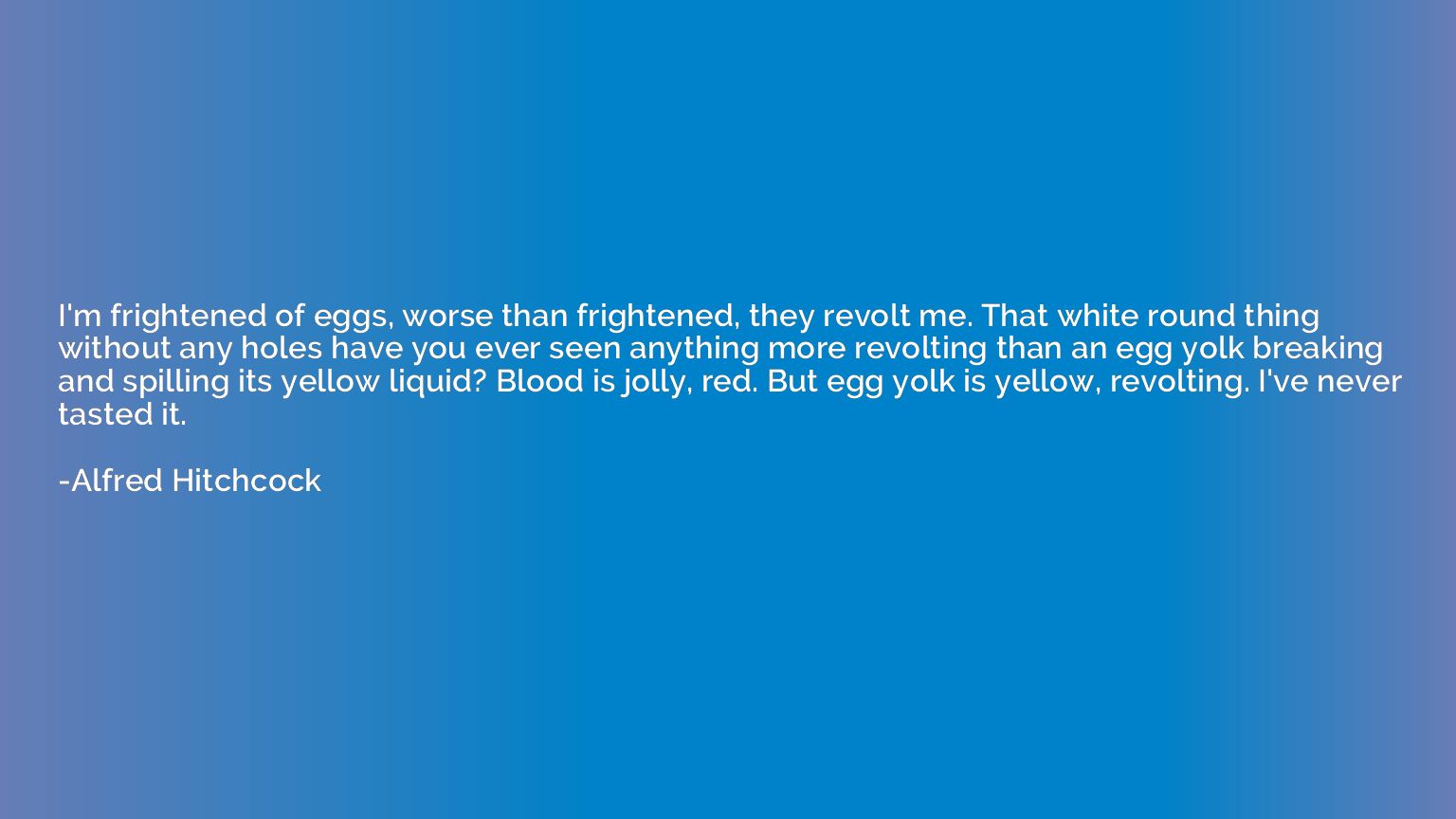
Summary
In this quote, the speaker expresses an intense aversion towards eggs, finding them not just frightening but revolting. The emphasis lies on the visual revulsion caused by an egg yolk breaking and its yellow liquid spilling out, contrasting it with the "jolly, red" color of blood. The quote exemplifies a strong personal distaste towards something seemingly ordinary, shedding light on the speaker's unique perception and perhaps their unwillingness to explore or try new experiences.



